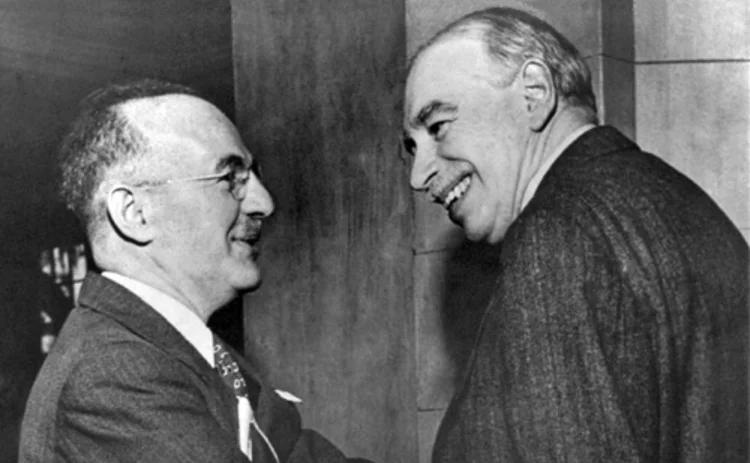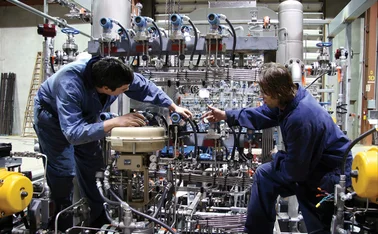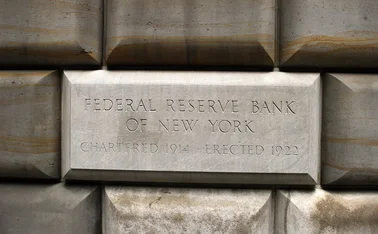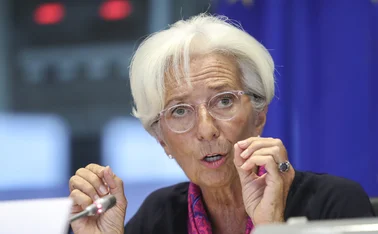
‘Unstable, unreliable and temporary’: paper explores global co-operation
Policy-makers should heed JM Keynes’ 1919 warning, say Michael Bordo and Catherine Schenk

Economic co-operation in the twentieth and twenty-first centuries has broadly followed John Maynard Keynes’s observation that it tends to be “unusual, unstable, complicated, unreliable [and] temporary”, new research finds.
The international financial system is facing a “fourth turning point” and could return to a co-operative outcome or go the way of Europe after the First World War, say Michael Bordo and Catherine Schenk in the working paper, published by the National Bureau of Economic
Only users who have a paid subscription or are part of a corporate subscription are able to print or copy content.
To access these options, along with all other subscription benefits, please contact info@centralbanking.com or view our subscription options here: subscriptions.centralbanking.com/subscribe
You are currently unable to print this content. Please contact info@centralbanking.com to find out more.
You are currently unable to copy this content. Please contact info@centralbanking.com to find out more.
Copyright Infopro Digital Limited. All rights reserved.
As outlined in our terms and conditions, https://www.infopro-digital.com/terms-and-conditions/subscriptions/ (point 2.4), printing is limited to a single copy.
If you would like to purchase additional rights please email info@centralbanking.com test test test
Copyright Infopro Digital Limited. All rights reserved.
You may share this content using our article tools. As outlined in our terms and conditions, https://www.infopro-digital.com/terms-and-conditions/subscriptions/ (clause 2.4), an Authorised User may only make one copy of the materials for their own personal use. You must also comply with the restrictions in clause 2.5.
If you would like to purchase additional rights please email info@centralbanking.com test test test







